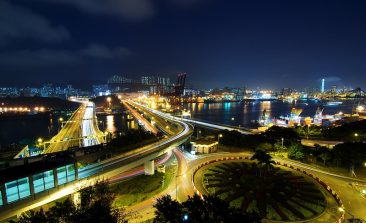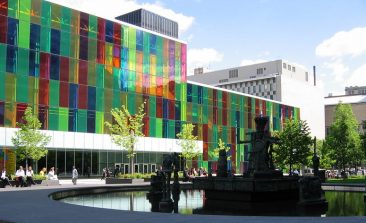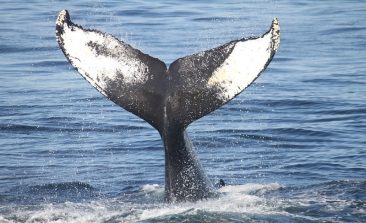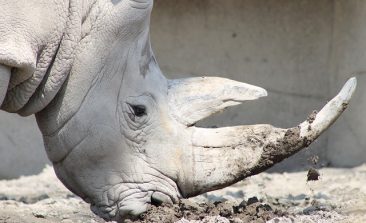9 Results for: technology for good
Call Out To All Social Entrepreneurs, Inventors and Technology Whizz Kids With Clever Ideas For Social Good
Are you, or do you know someone who has been developing technologies and innovations with a social impact potential for people in developing and emerging countries? Could these technologies and innovations help generate jobs? Are they underpinned by fairness, social responsibility and self-sustainability? If so, the 'empowering people, Award' can help bring them to scale.
New Tracking Technology Hopes to Restore Trust in Last Mile Aid Delivery
Violence, corruption and infrastructure inefficiencies mean that humanitarian aid delivery is often hindered. Track & Trust hopes to help it along the last mile to those in need.
Magway: Is Maglev Technology the Future of Low Carbon Home Delivery?
Imagine a world in which deliveries zoom through underground tunnels direct to your door. An innovative project in the UK hopes to make this a reality.
Rainforest Alert: Combining Technology With Indigenous Rights to Help Protect the Amazon
Satellites have long been used to monitor deforestation, but how can that data be used to actively create results on the ground?
Can Civic Technology Help You Fix Your City from Your Smartphone?
All too often, living in a city can make you feel like a passive bystander. But new civic technology is aiming to make it easier than ever to get involved and have your voice heard.
New Technology Uses Food Waste to Turn UV Light Into Renewable Energy
A technology called AuREUS , which uses waste materials to turn UV light into electricity, even without direct sunlight, has won the James Dyson Award’s first-ever Sustainability Prize.
Satellite Technology Could Help Us Solve the Mystery of Stranded Whales
Researchers are using satellite imagery to monitor whales from space, to speed up and streamline conservation efforts and also better understand the state of their natural environment.
Kenyan Nature Reserve Opens World’s First Lab Dedicated to Conservation Technology
Technological solutions are increasingly being used in the fight against poaching. The Ol Pejeta Conservancy in Kenya has founded a brand new lab to build the next generation of digital conservation technology.
Democratising Access to Essential Services With Digital Identities and Blockchain Technology
Blockchain could help provide a secure infrastructure for the deployment of digital identities - makin








